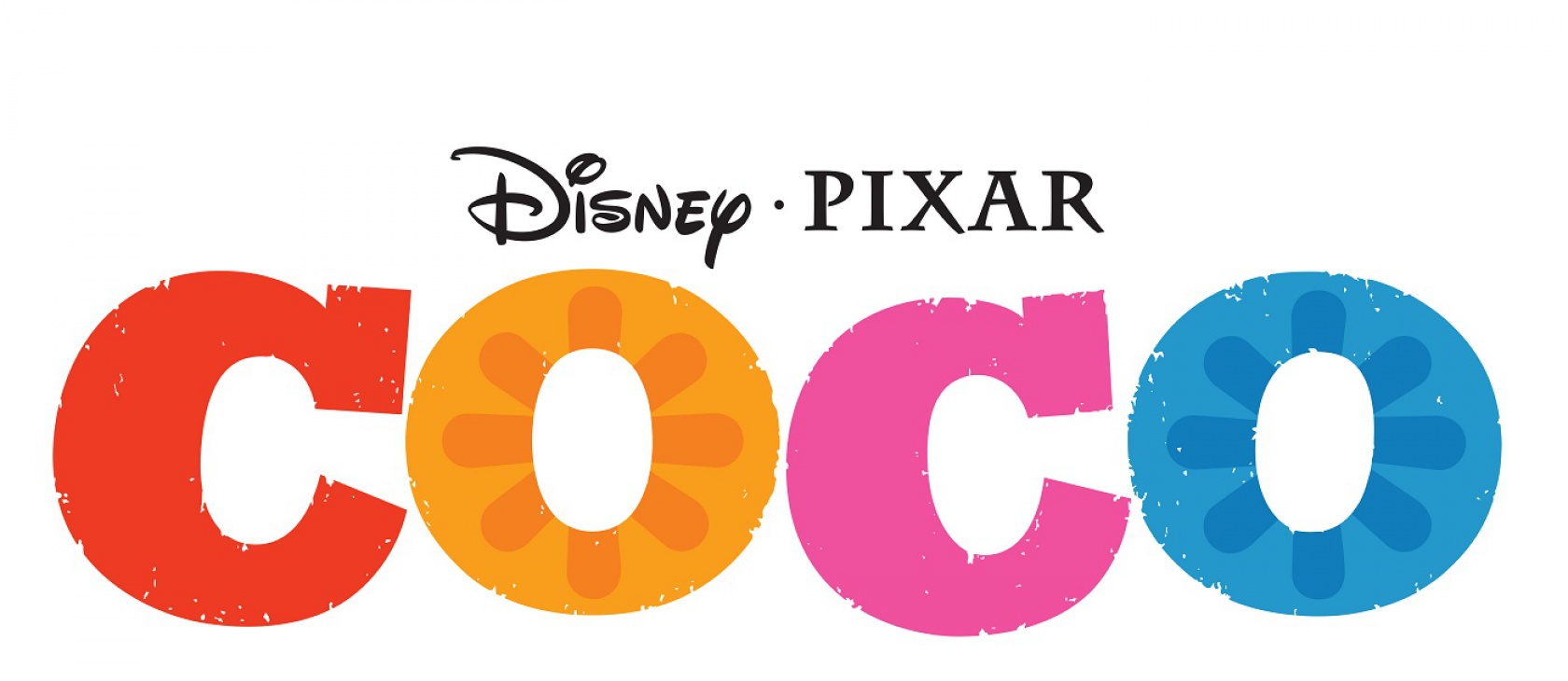Last night, Coco joined the elite group of animated films to win a “grand slam”: the Golden Globe, BAFTA, the Annie Award, and an Oscar. Neither of the victories at last night’s 90th annual Academy Awards came as a surprise – fans have dubbed the Best Animated Feature Film category “the Pixar award” – but the blockbuster’s plot touches on how the free market rewards or rebuffs unethical practices, how technological progress brings justice, and the eternal significance of vocation and memory.
The movie continues Pixar’s winning formula of mixing magical wonder and cutting-edge animation with a family-centric leitmotif that will tug at adult viewers’ heartstrings. Much like Monsters Inc., a child accidentally gets trapped in an alternate universe profoundly affected by this world.
Coco centers around young Miguel, a 12-year-old musical prodigy who lives in a multigenerational home in Mexico. Because his great-great-grandfather abandoned his daughter (the titular Coco) to pursue a musical career, Miguel’s family forbids him from pursuing his all-consuming passion. Running away from home during the annual Day of the Dead (Dia de Los Muertos) festivities, he finds himself transported to the land of dead spirits. To escape alive, he must get a relative’s blessing within 24 hours – but every one he encounters would force him to give up music as a condition.
Instead, he seeks out the offending relative, Western star and crooner Ernesto de la Cruz, whose status as a cinematic legend continues to provide him with an opulent lifestyle. Even in the afterlife, material goods continue to pour in: copious amounts of food, alcohol, guitars – think of them as spiritual royalties. However, not all is as it seems. (Warning: spoilers.)
De la Cruz became famous by plagiarizing his songs from his partner, then murdering him. Young Miguel must decide whether he will keep silent about the powerful gatekeeper’s sins or defy him – and possibly see his own dreams disappear forever. In light of the Harvey Weinstein scandal, that question must have resonated deeply at last night’s ceremonies.
Before the closing credits, as Julian of Norwich said, “All shall be well, and all manner of thing shall be well.” Miguel’s family reconciles itself to his undeniable talent. A secret stash of letters proves de la Cruz’s plagiarism and triggers a national backlash that assures his memory will disappear. The scales of justice have aligned; self-seeking has proven self-defeating; and true talent has been recognized, rewarded, and remembered.
Coco has much to teach viewers of all ages, aside from its meticulous cultural authenticity which made it the highest-grossing movie in Mexican history.
Miguel’s story shows the impact of every person’s secular work or vocation. Ultimately, it is his musical gift (singing the lachrymose “Remember Me,” which won Best Original Song) that unlocks his great-grandmother’s memory and saves the day. A world in which the allocation of resources – like human labor – are made collectively instead of by individual choice will result in a worse world for everyone … with no one ever knowing the riches they missed.
Those most hurt are the stymied workers, barred from their chosen vocation. It is fair to say that “when a man works he not only alters things and society, he develops himself, as well.” This is the most important kind of enrichment, since “a man is more precious for what he is than for what he has.” Any obstacle to pursuing one’s chosen vocation – whether unnecessary occupational licensing laws, compulsory union dues, or laws violating freedom of conscience – incalculably impoverishes that person and all humanity. Roadblocks to progress impede workers across the transatlantic sphere, from U.S. government employees to Scandinavian midwives.
The example of Ernesto de la Cruz teaches another lesson: The free market rewards service and punishes exploitation. The market may temporarily reward bad behavior. But once people have accurate information, a market correction ensues. Even an industrial star or “king,” Ludwig von Mises once lectured, “must stay in the good graces of his subjects, the consumers; he loses his ‘kingdom’ as soon as he is no longer” held in their esteem.
Coco demonstrates how technological progress and innovation speeds this process along. In the days when the singing cowboys reigned, a woman taking on a celebrity with a stack of letters would have little hope of getting a hearing. The studio may economically pressure the few national media outlets to bury the story. Should an enterprising journalist take it up, she would have to wait as the news crept from front page to front page, region to region, stalling or evaporating in the process. Today, a single social media post can go viral globally in real time. The only hindrance is the occasional tweak of the algorithms.
The story puts family at the center of everything, serving as a critique of absentee fathers – a growing problem with profound economic and social consequences.
Finally, the key spiritual element to Coco is the longing for remembrance. At face value, the movie has a dubious theology, so Christians must explain biblical remembrance: The Good Thief asked Jesus, “Lord, remember me when Thou comest in Thy kingdom.” Jesus replied, “Today shalt thou be with Me in Paradise.” The prior evening, Jesus concluded the Last Supper by commanding, “Do this in remembrance of Me.” This reciprocal remembrance – an anamnesis of agape – binds us to one another and forms the heart of the Christian life. To be remembered by Christ is to be present in His Kingdom and to enjoy everlasting salvation. Christians, in turn, remember God by a worship that leads them to live a moral and ethical life in every facet, including conducting our business affairs ethically and in a spirit of service to others.
Coco tells us that our life’s work may be stolen, forgotten, or never noticed in the first place. We must order all of our lives, including our work lives, so that we will be remembered in the kingdom of Heaven.




